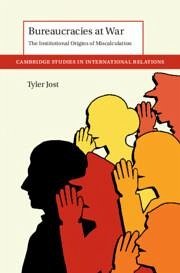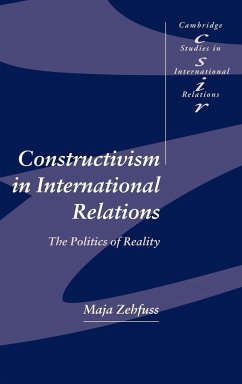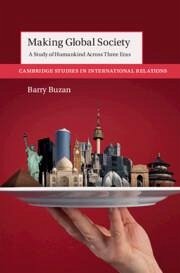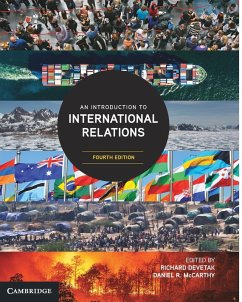
Bureaucracies at War
The Institutional Origins of Miscalculation
Versandkostenfrei!
Sofort lieferbar
28,99 €
inkl. MwSt.

PAYBACK Punkte
14 °P sammeln!
A rethinking of how bureaucracy shapes foreign policy. Through an unprecedented exploration of bureaucratic institutions inside China, India, Pakistan, and the United States, Jost shows why bureaucracy helps to avoid miscalculation. This book will be of interest to scholars and students of political science, history, sociology, and area studies.














